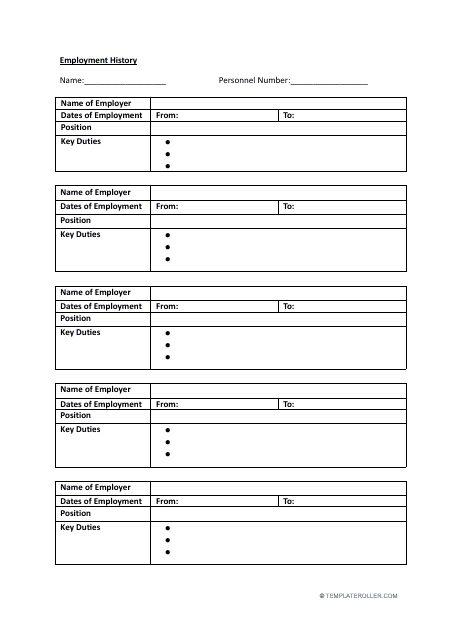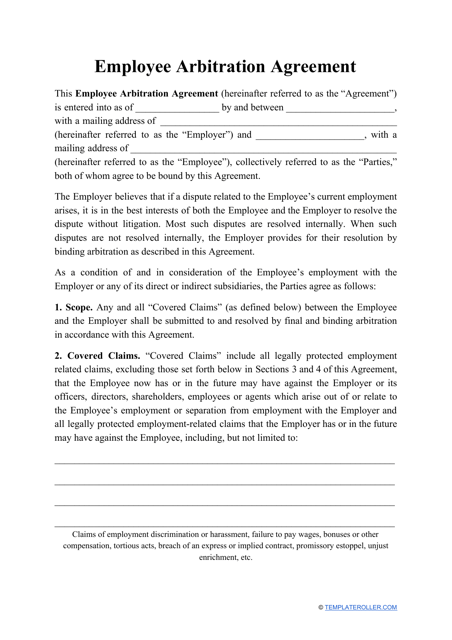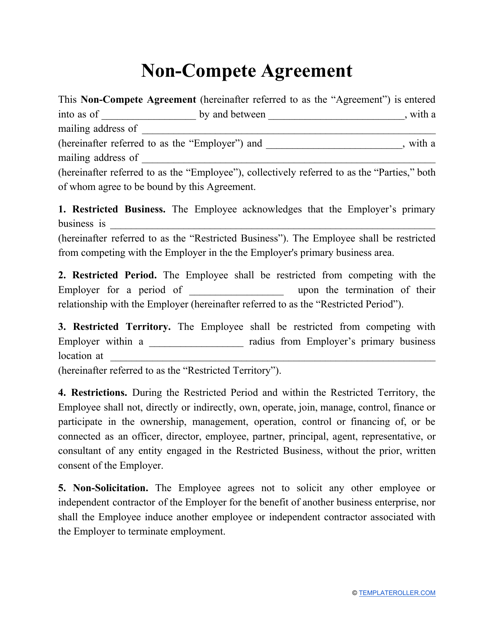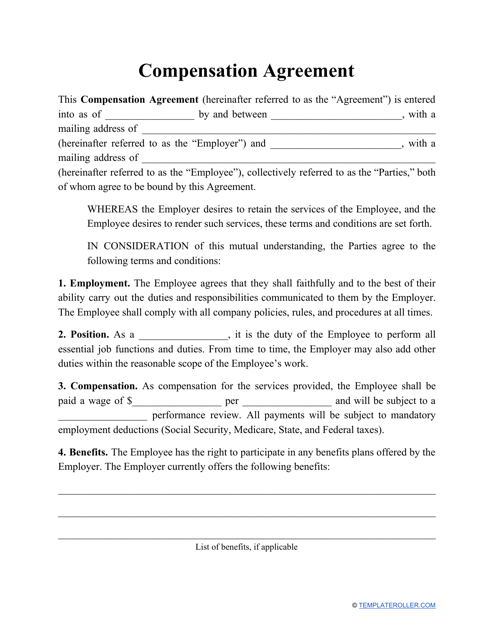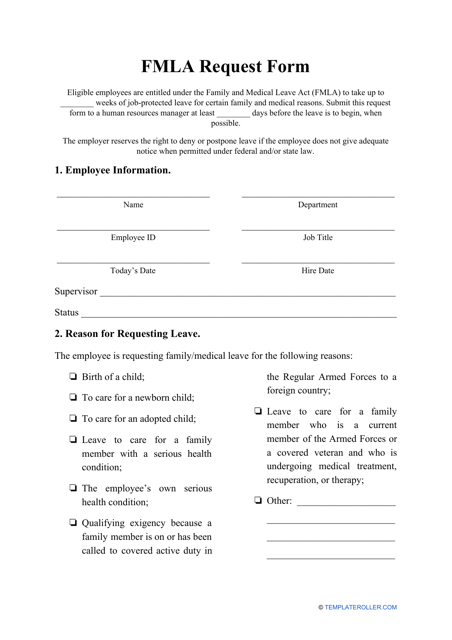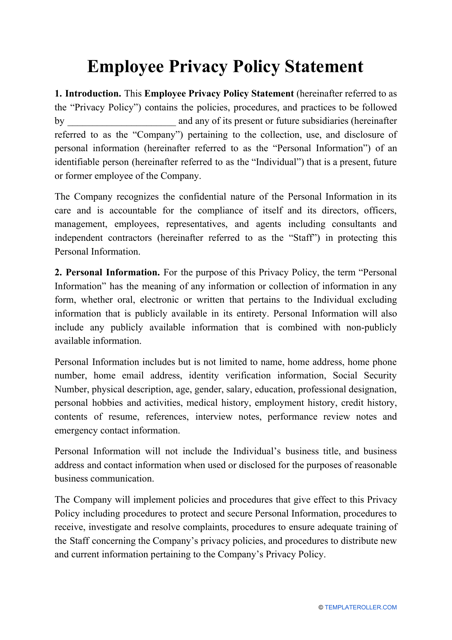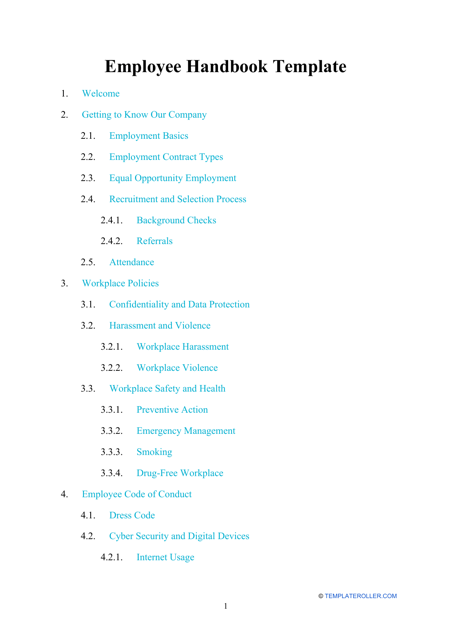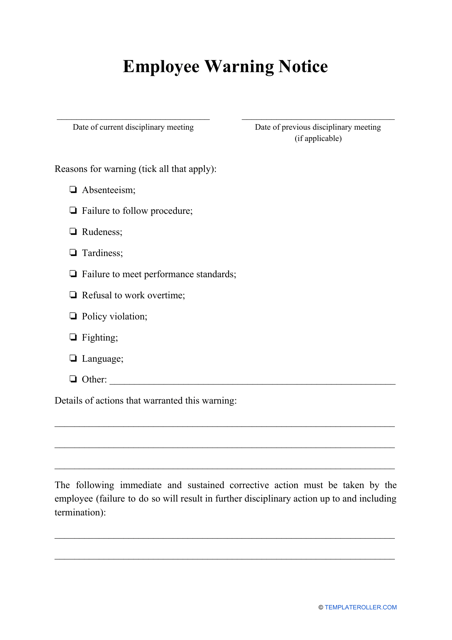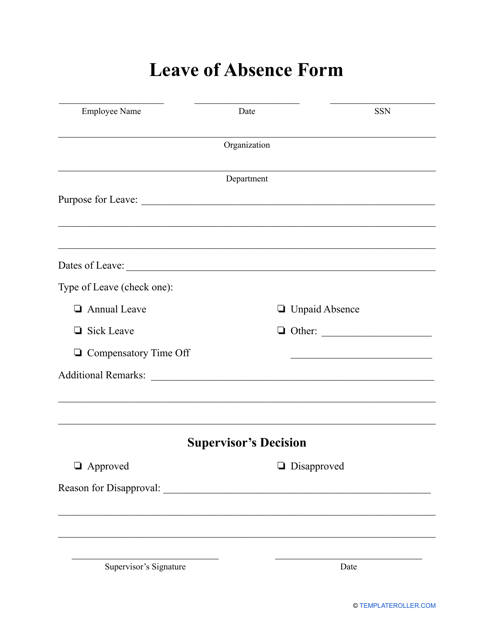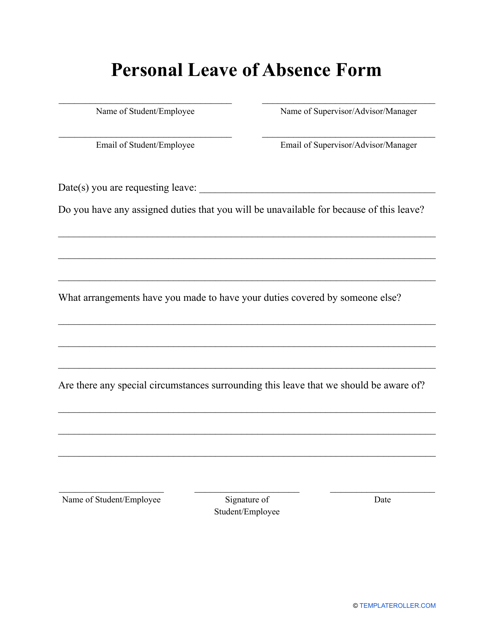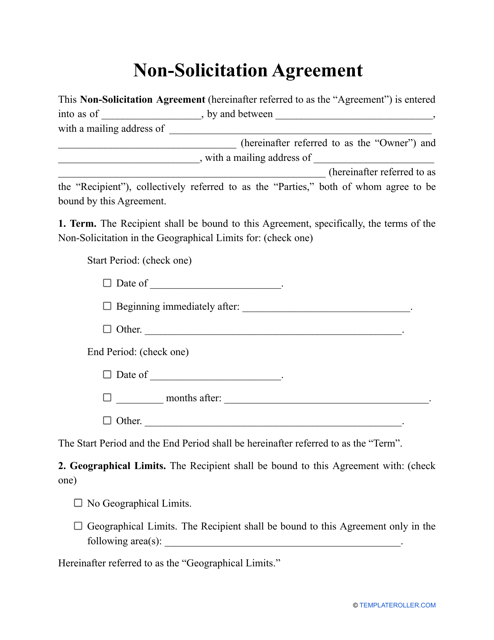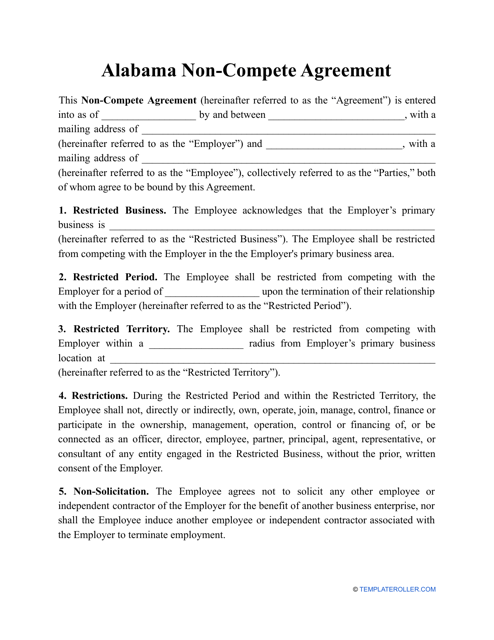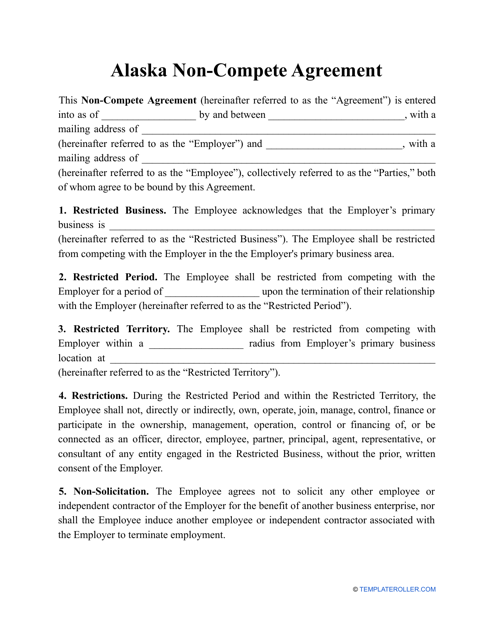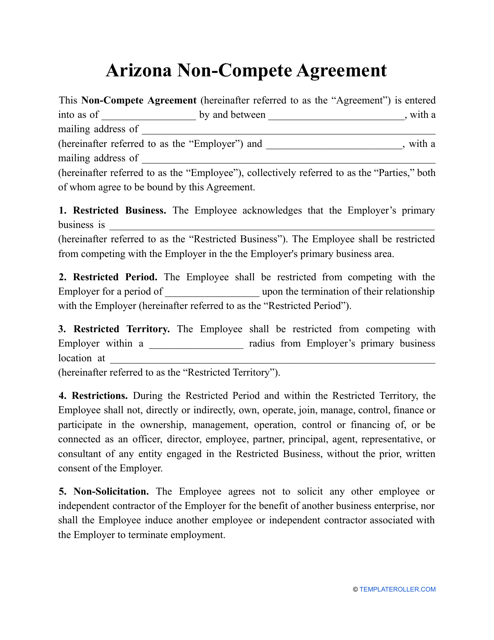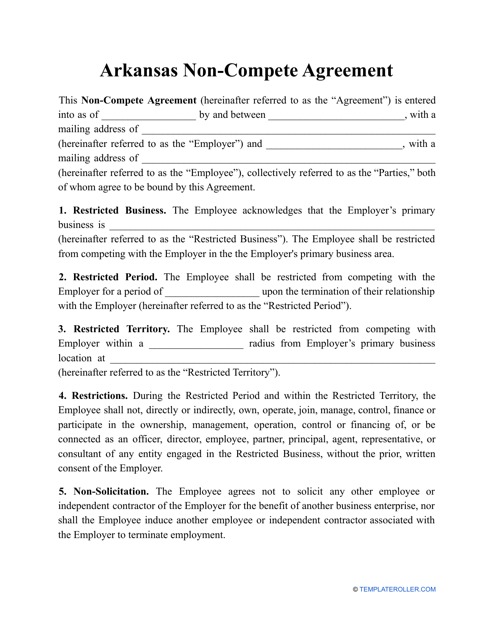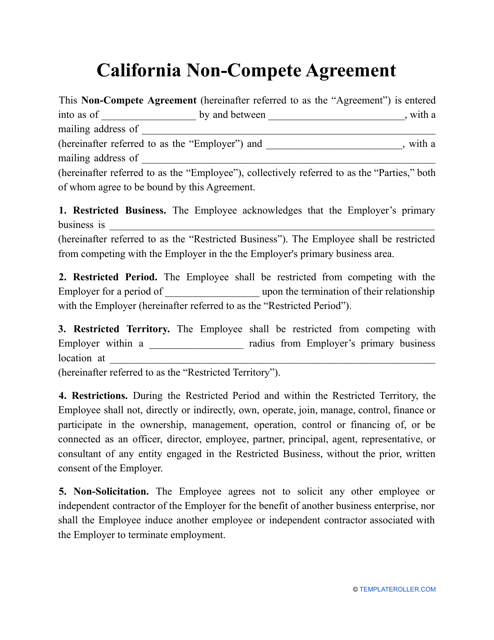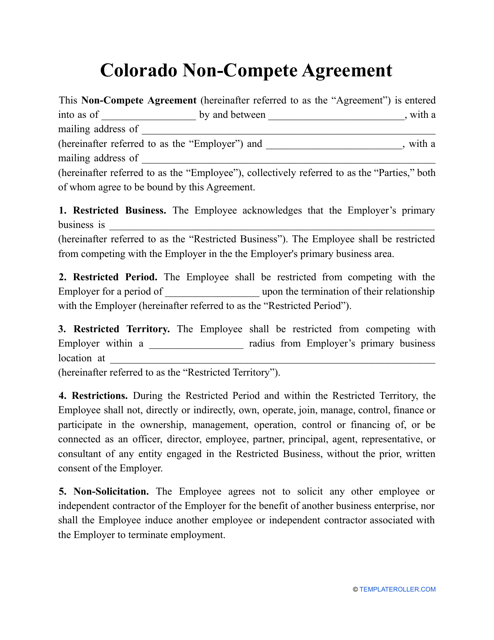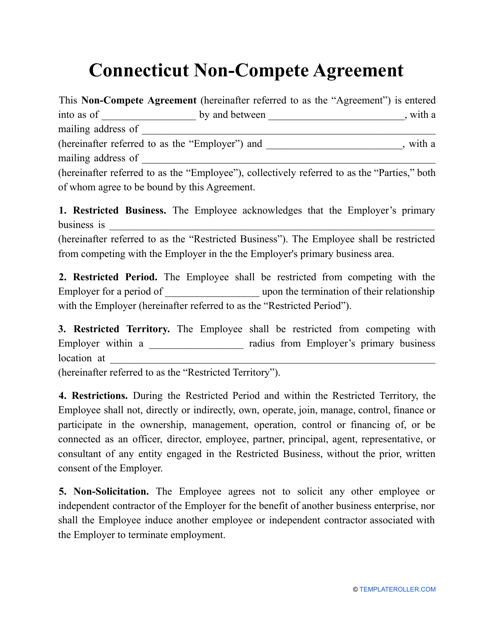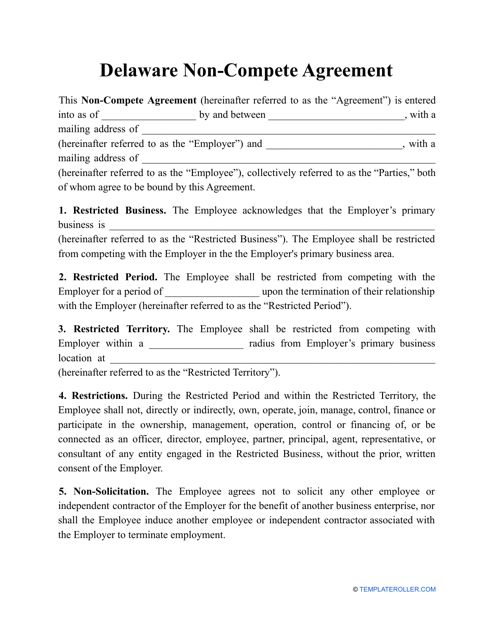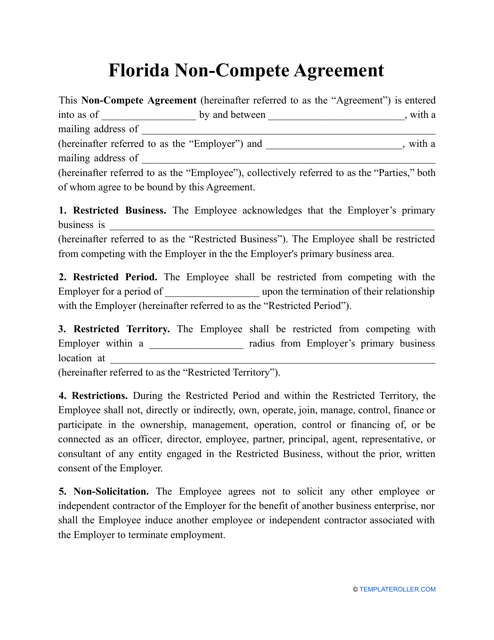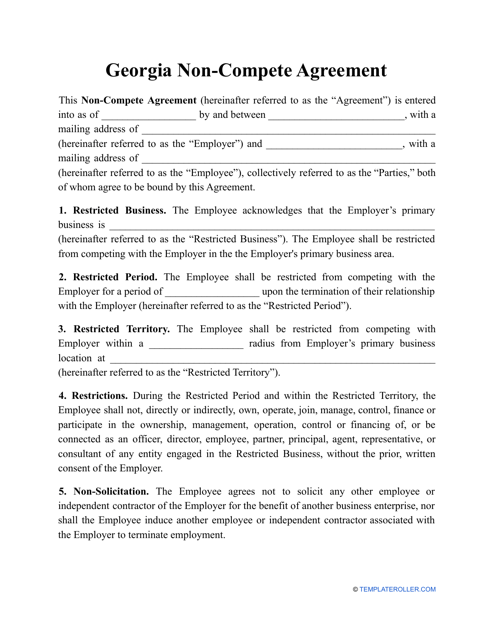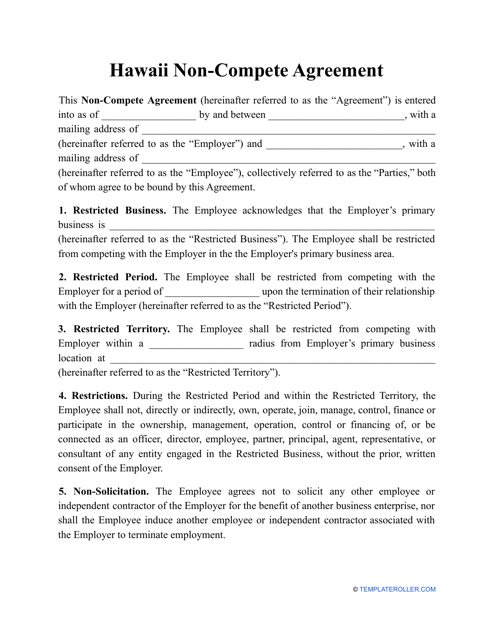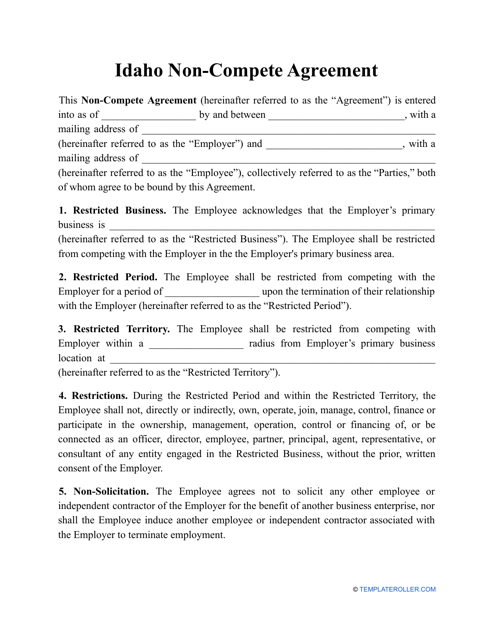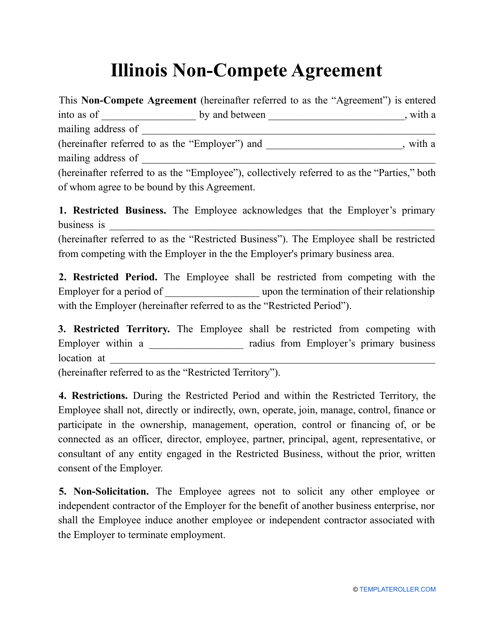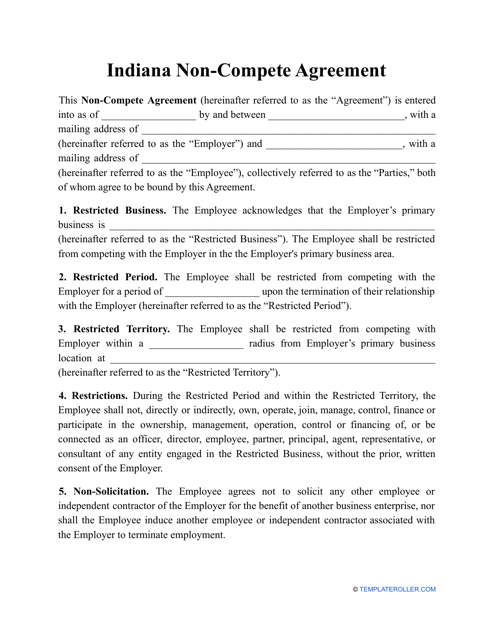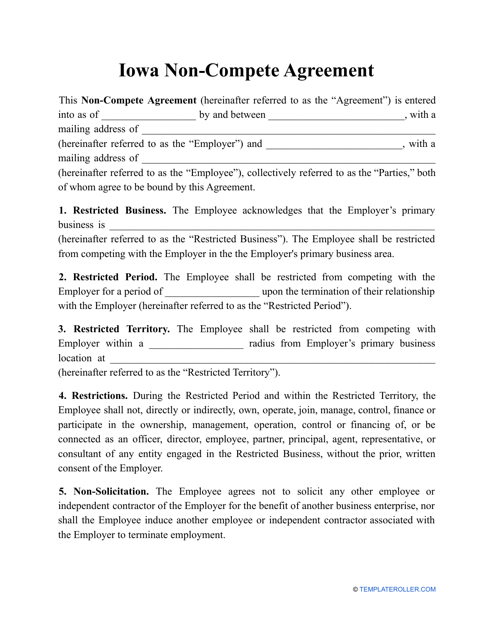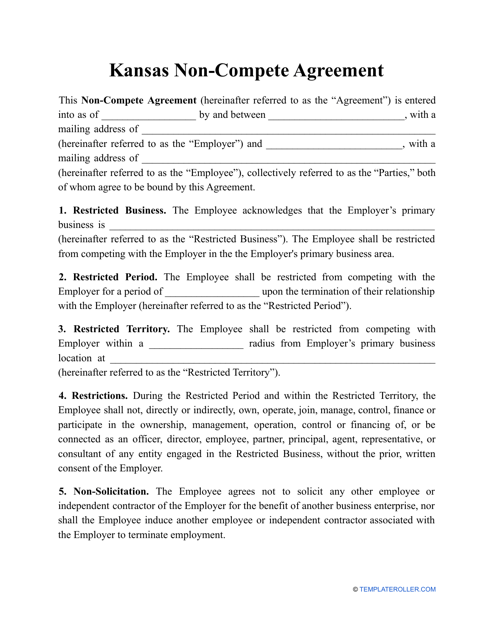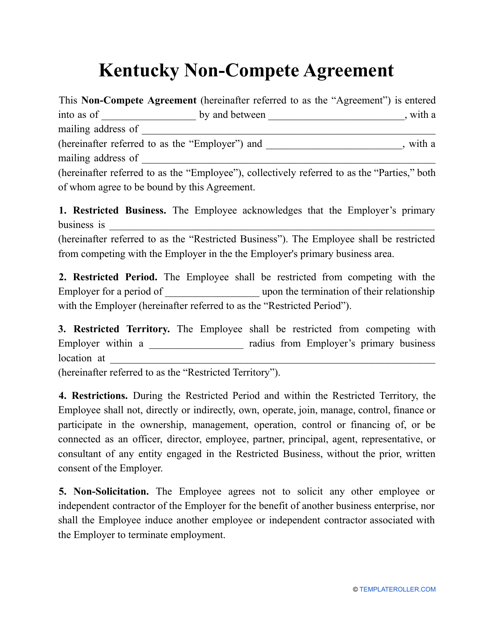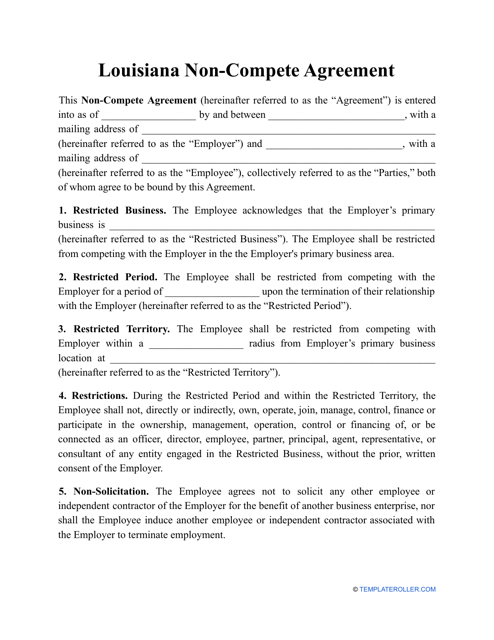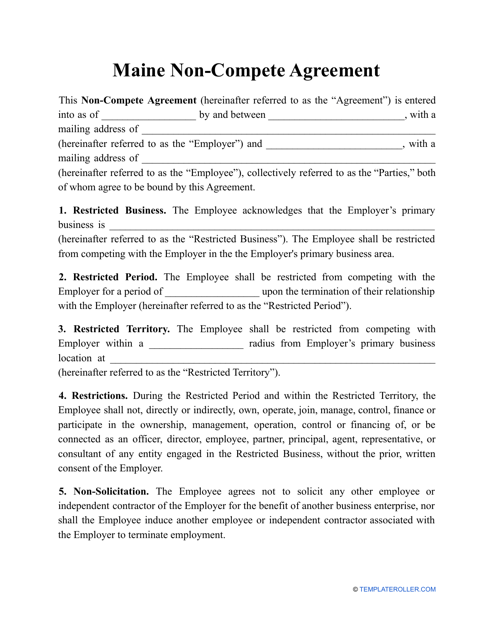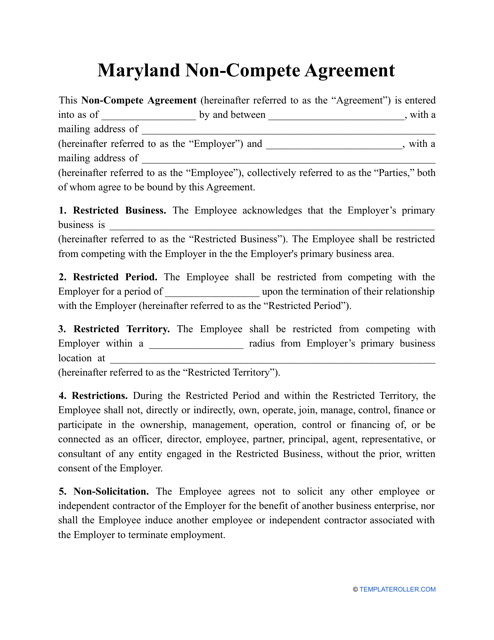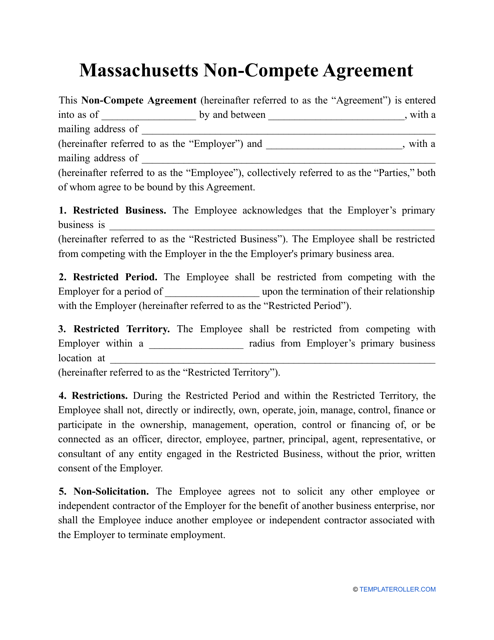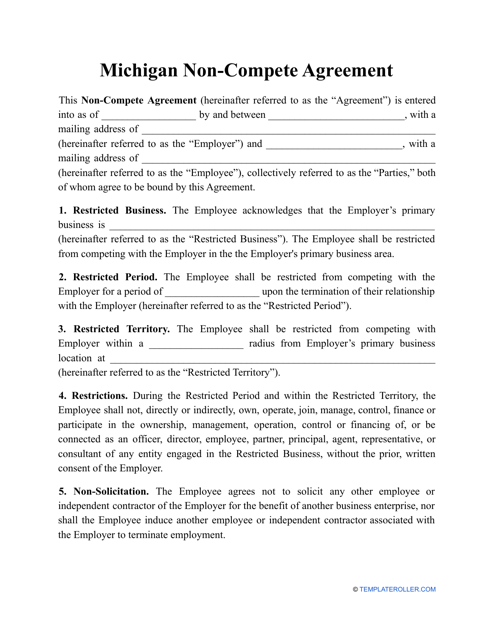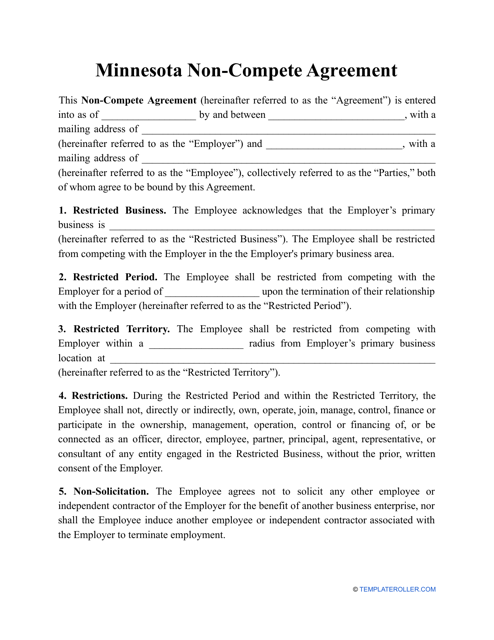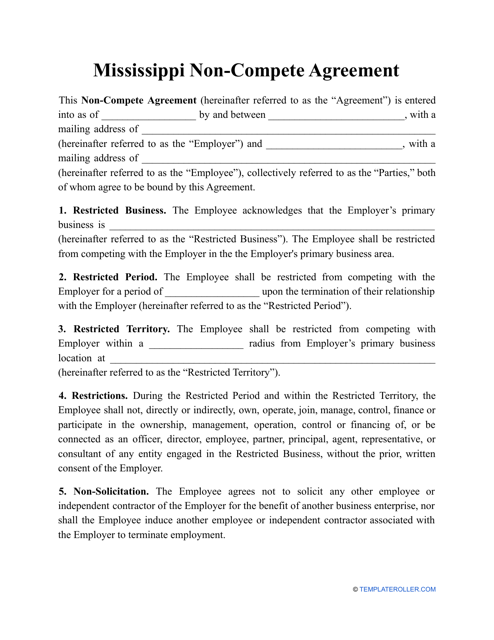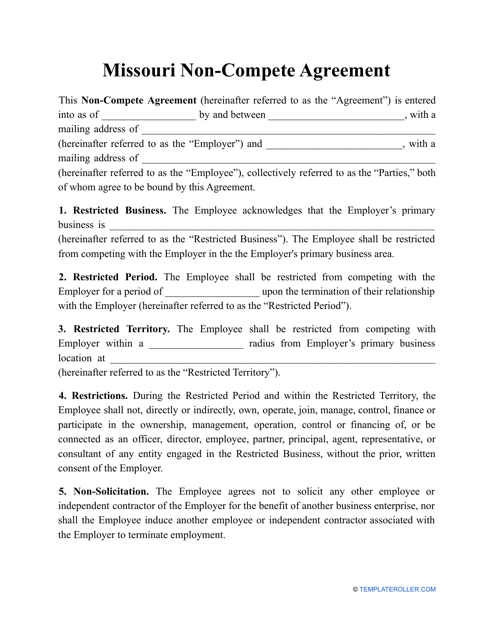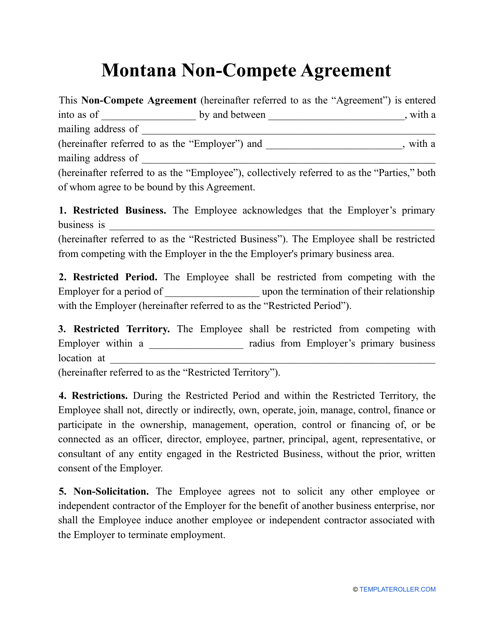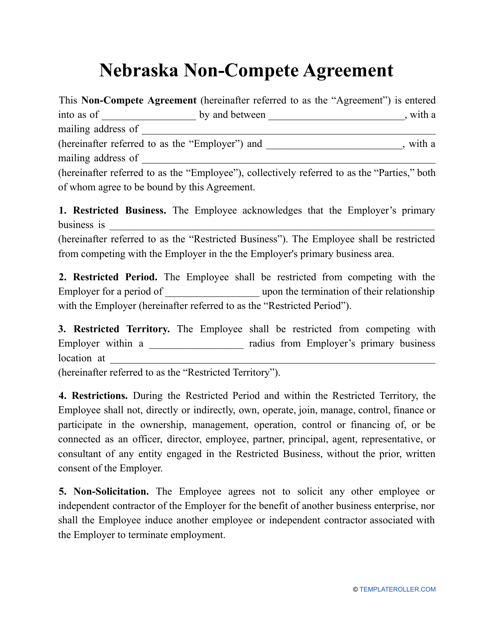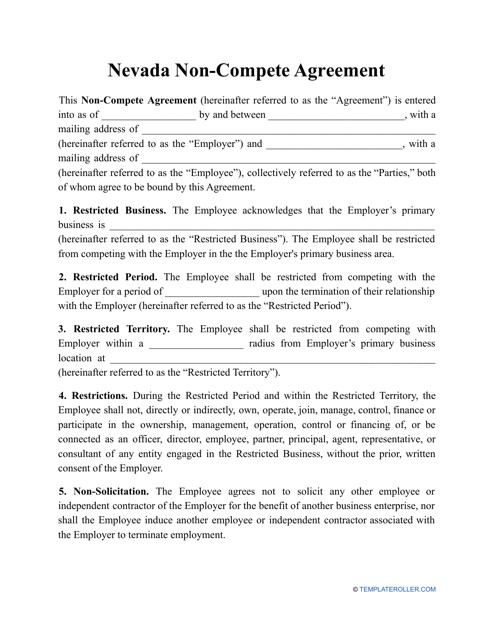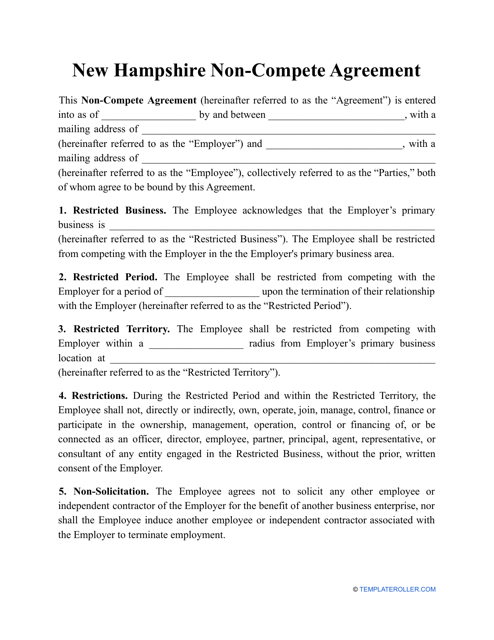Free HR Forms and Templates
HR Forms are the paperwork released and used by the Human Resources Departments, also known as HR Departments, which are the specific units or divisions within the structure of companies that oversee all matters and issues related to their staff. The main goal of HR is to improve the effectiveness of the business by managing the employer-employee relationship and strengthening the bond between them by making sure everyone is on the same page and all conflicts are solved or sometimes even prevented.
There are several reasons to pay more attention to the work of the HR department regardless of which goods or services your company is providing:
- Finding the right individuals for available vacancies. HR workers are responsible for reference checks and interviews with prospective candidates for a job. Additionally, they manage the termination process and settle severance pay for fired employees;
- Organizing salary structure and dealing with payment for overtime;
- Regulating employee benefits program and administer proper coverage for employees during and after enrollment;
- Reviewing the performance of all employees using questionnaires, appraisal forms, and feedback from other employees;
- Complying with existing laws and regulations that govern the way employers treat their employees.
A library of free printable HR Forms is available for download below.
Types of HR Forms
Every business – whether big or small – can benefit from a wide range of HR Forms and templates that establish the rights of employees, modify existing employment agreements, and let the entity discipline its workers for the violation of labor laws. For instance, an HR Complaint Form will allow an employee to express their disappointment with a particular situation in the workplace and create a paper trail for the company records. Whether your duty is the recruitment of new employees, maintaining safety in the workplace, supporting the relationship between the employer and employees, salary management, or training, the documents below will be useful for any Human Resources Department representative:
- Compensation Agreement. This HR Form, a supplemental part to the main Employment Contract, outlines a change in the employee’s salary or bonus. It is usually signed after a probationary period or when the employee proves themselves and deserves a raise.
- An Employee Warning Notice usually follows the misconduct or error of the employee and helps the employer to discipline and reprimand them instead of charging a fine or firing them.
- An Employee Handbook is created by every business to inform employees about the company’s goals and objectives, set expectations for everyone employed, and list rules every employee must comply with.
- Income Verification Letter. Composed by the former or current employer, this statement confirms the wages the employee has received or receives along with other employment details, such as the duration of employment.
- The Employment Contract is the most significant agreement in employment – it indicates the rights and responsibilities of the employer and employee and builds a professional relationship between these two parties.
- Leave of Absence Form. Whether an employee needs a vacation, medical treatment, or time-off for bereavement, this document must be submitted to the HR department of the company to request time away from the workplace.
- An Employee Privacy Policy is a guide that describes the privacy rights of all employees at the workplace and procedures adopted by the employer to protect the personal freedom of their employees.
- Employee Verification Letter. Draft this statement if your former or current employee asked you to confirm they have worked for you in the past or are employed by you at the moment.
- A Non-Compete Agreement is signed by employees who possess extraordinary skills in their chosen field and must promise to their employer not to work for the employer’s competitors in the future.
- Employee Arbitration Agreement. Employers may enter into this deal with their employees to agree to handle any disagreements or disputes using arbitration instead of taking legal action.
Not what you were looking for? Check out these related topics:
Documents:
125
This type of document is a template that helps you organize and track your employment history. It includes sections for listing your previous jobs, employers, job titles, dates of employment, and responsibilities. The template can be used when applying for new job opportunities or updating your resume.
You may use this contract to require an employee to resolve any disputes and claims that can appear during their employment relationship through employee arbitration.
This legal agreement is signed by employers and their employees to agree on the fact that the individual will not enter into competition with the company where they work, during or after their employment.
A Compensation Agreement is a legal document that guarantees that an individual will receive compensation for certain actions.
An FMLA Request Form is a document completed by employees who are eligible for time off in compliance with the Family and Medical Leave Act provisions.
The Employee Privacy Policy contains the employer's strategies and procedures regarding the collection, use, and disclosure of their employees' personal information.
Use this template to list all rules and policies in place in your business - from the conduct policy to the office attire.
This is a document that an employer sends to an employee to address the employee's inappropriate behavior or bad performance at work.
An employee may use this type of form when they need to spend time away from work due to special circumstances - annual leave, sickness, compensatory time off accumulated after working overtime.
An employee may use this type of template when they would like to request time off of work to take care of their personal matters.
This is an additional document signed with an employee which forbids the employee to solicit any of the employer's clients if the employee decides to leave the company they are working for.
This type of agreement is used in Alabama and states that there is certain information relating to the business which cannot be shared by the employee.
In Alaska, this type of agreement is drafted for businesses that wish to contain certain information (mainly company secrets) behind closed doors.
This template is used in Arizona and is written up and signed when an employer wants to impose specific limitations on an employee in regards to working in the same position at a different company.
This is a document used in Arkansas that is signed by an employer and employee, which will prevent a former employer from seeking employment in a different company for a certain amount of time.
This type of agreement is used in California and states that there is certain information relating to the business which cannot be shared by the employee.
This template is used in Colorado and offers an additional layer of protection concerning company secrets and other confidential information.
In Connecticut, this type of agreement is drafted for businesses that wish to contain certain information (mainly company secrets) behind closed doors.
This template is used in Delaware and outlines certain mutual agreements in regards to actions that cannot be carried out by an employee once the employee has decided to leave their job.
This template ensures that any business registered in the state of Florida can draft up this agreement as a form of protection, protecting any company secrets or other relevant information that could damage a business if this information is leaked.
This type of template is used in Georgia so that an employee cannot use their obtained skills and confidential knowledge to work in the favor of another employer.
Residents of Hawaii may use this form as a written agreement between a company and any employees, potential employees, business partners, or even private contractors to help stipulate certain information that cannot be disclosed.
This template is used in Idaho and is written up to offer protection to a business, making sure that competitors or the general public do not find out about or use specific secret information related to the business.
This type of agreement is used in Illinois and states that there is certain information relating to the business which cannot be shared by the employee.
In Indiana, this agreement is used by a company at the very beginning of a working commitment with an employee, a potential employee, a company partner, or a contractor.
This template is used in Iowa and prevents company secrets from being exposed to the public and in particular, to fellow competitors.
This template is used in Kansas and outlines the specific terms that were agreed upon by a company and another party.
This template is used in Kentucky and allows any company to make sure that specific information that they do not want to be exposed to the outside world is kept confidential.
This type of agreement is used in Louisiana and states that there is certain information relating to the business which cannot be shared by the employee.
This type of template is used in Maine to document in writing the particular agreement that an employer has with an employee regarding classified information within the company.
Residents of Maryland may use this type of template as a safeguarding barrier, protecting confidential information surrounding a business for an agreed length of time after an employee has terminated their employment with the business.
This is a document used Massachusetta in which a business protects specific private information by excluding another party from sharing this information.
In Michigan, this type of agreement is drafted for businesses that wish to contain certain information (mainly company secrets) behind closed doors.
Residents of Minnesota may use this type of template as a way of keeping company secrets safe from disclosure to other parties that are not permitted to possess this knowledge.
This is a relatively common agreement used in Mississippi and signed by an employer and employee upon the employee commencing their new job.
This type of agreement is used in Missouri and states that there is certain information relating to the business which cannot be shared by the employee.
In Montana, this type of agreement is drafted for businesses that wish to contain certain information (mainly company secrets) behind closed doors.
In Nebraska, this type of template is used in companies that want to maintain specific information such as company secrets within the walls of the business.
This type of template is used in Nevada and signed by an employer and employee when the hiring party wants to make certain limitations on an employee.
This is a written document used in New Hampshire that is drafted and signed by an employer and employee which aims to stop any previous employees from finding jobs in the same sphere at a different company.

